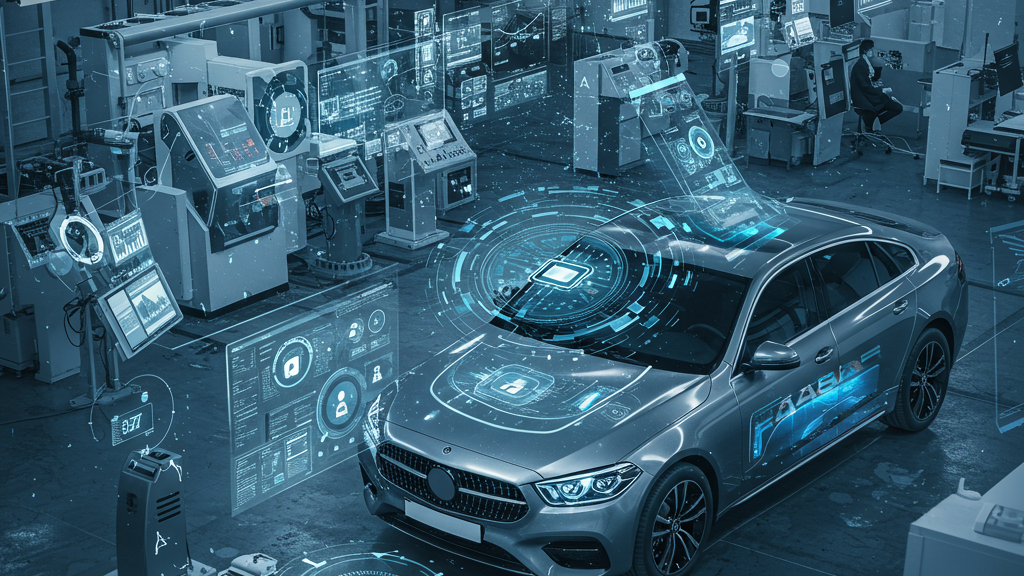
Artificial Intelligence (AI) has quickly become a cornerstone of modern digital technologies. By automating tasks and unlocking new capabilities, AI is creating exciting opportunities for individuals and businesses alike, transforming industries and reshaping the way we work.
At AGC, AI is already making a significant impact. The company has introduced a proprietary version of ChatGPT to help employees communicate more effectively, solve problems faster, and make better decisions. In its factories, AI is being used to monitor equipment, predict maintenance needs, and reduce downtime. These tools are not only improving production quality but also ensuring smoother operations across the organization.
The automotive aftermarket is also undergoing a remarkable transformation, with AI driving advancements in cars, products, and services. In the automotive industry, AI is setting new standards for quality and innovation. Advanced Driver Assistance Systems (ADAS) are a prime example of this change. By processing vast amounts of data, ADAS enhances safety and makes driving more enjoyable. This technology is no longer just reactive; it is becoming proactive. Some manufacturers now use AI to monitor vehicle health in real time, reducing emergency repairs by 30% and improving customer satisfaction. As ADAS technology continues to evolve, it is bringing us closer to fully autonomous driving and predictive safety features, fundamentally changing how vehicles and their glass components are designed and integrated.
AI is also improving the tools and services used in the automotive industry. Calibration tools powered by AI are now ensuring precise alignment of ADAS sensors, enhancing both safety and functionality. In the near future, cars equipped with AI may even schedule their own repairs or drive themselves to the workshop, further streamlining the customer experience. Insurance companies are also leveraging AI to make their processes faster and more accurate. For example, AI can assess vehicle damage from photos, speeding up claim processing and ensuring greater objectivity. The fitting sector is evolving as well, with calibration becoming increasingly important and AI playing a larger role in these procedures. Fitters may soon work directly with AI systems to refine and improve their services, taking the industry to new heights.
Pop culture has long imagined a future shaped by AI, often depicted in movies and video games. Today, we can confidently say that this vision is becoming a reality. We are entering a new era—an era that demands adaptability and vigilance to keep pace with rapid changes. Without a doubt, the journey ahead will be both challenging and fascinating.

